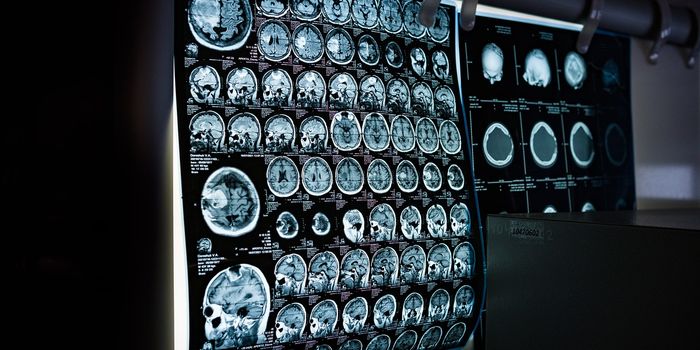Can Increased Pain Indicate Oral Cancer?
The human body has many ways of letting you know something is wrong. It can send signals to tell you that you are hungry, that you ate too much, but pain is probably the most useful. We usually associate it with a cut or bruise, but pain can also indicate more severe diseases like cancer.
Cancer is a tricky disease to test and treat. Early indicators are a godsend for many patients, as cancers are often easier to treat the earlier you catch them. However, there is a lack of early indicators for some cancers. One example is oral cancer, but a new study out of New York University may have answered.
The study focused on examining the pain felt by oral cancer patients near the site of the cancer. Metastatic cancers are reported to cause more pain than less aggressive variants. The team behind the study wanted to examine why this was and identify if they could use it to help diagnose patients in the future.
The team began by following 72 oral cancer patients and examining their pain pre and post-resection surgery with a self-reporting questionnaire. A one-year follow-up showed that the group’s metastatic patients consistently had higher pain scores than non-metastatic patients. There was also a correlation between a high pain score pre-operation and future metastasis.
The study next tried to create a model to predict prognosis. Current imaging methods aren’t good enough to reliably determine prognosis, so a better test is still needed. The model they made proved ineffective for the most part, with high pain scores only predicting a third of the metastatic patients, but it was a start.
The team decided to delve into possible pain biomarkers that the cancer itself could be giving off. They analyzed the proteins secreted from oral cancer cells in the lab and found that they contained some proteins that could increase pain sensitivity. They injected these secreted proteins into mice and saw that the mice had increased sensitivity to pain, supporting that they might be responsible for patients’ pain.
This study shows that pain correlates with metastasis in oral cancer patients. Although the prognostic model they created only had a thirty percent chance at predicting metastasis, it never the less provides support for pain as a predictor of oral cancer metastasis. The study then showed that exosomes taken from oral cancer media could induce elevated pain in mice, which infers that the cancer is directly responsible for the pain patients experience.
The study concludes, “In conclusion, we confirmed that pain is correlated with metastasis in oral cancer, and we demonstrated that pain score has potential to signal presence of metastasis prior to surgery.”









